The backyard, often seen as an extension of the home, plays a vital role in the overall appeal and value of one’s property. Yet, it’s surprisingly easy to overlook its maintenance amidst the hustle and bustle of daily life. Neglecting this outdoor space, however, comes with a series of harsh realities that can affect not just the homeowner’s wallet but also their health, safety, and the environment. The consequences of neglect are far-reaching, from decreased property value to increased pest infestations. This article delves into ten critical aspects of backyard neglect, shedding light on the importance of regular upkeep and the potential risks of ignoring this vital outdoor space.
Contents
Decreased Property Value
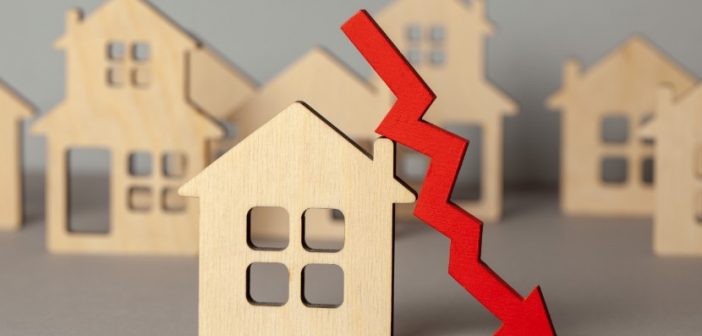
Neglecting the backyard can significantly decrease a property’s value, making it less attractive to potential buyers. The first impression is crucial; an unkempt outdoor space can deter interest even before one steps inside the house. Properties with well-maintained exteriors often fetch higher prices, underscoring the financial benefits of regular backyard care.
In contrast, a neglected backyard suggests to potential buyers that other parts of the property may have been overlooked. This perception can lead to lower offers, prolonging the time the property stays on the market. Homeowners looking to sell or maintain the value of their homes should consider investing in their backyards as a priority, not an afterthought.
Increased Pest Infestations
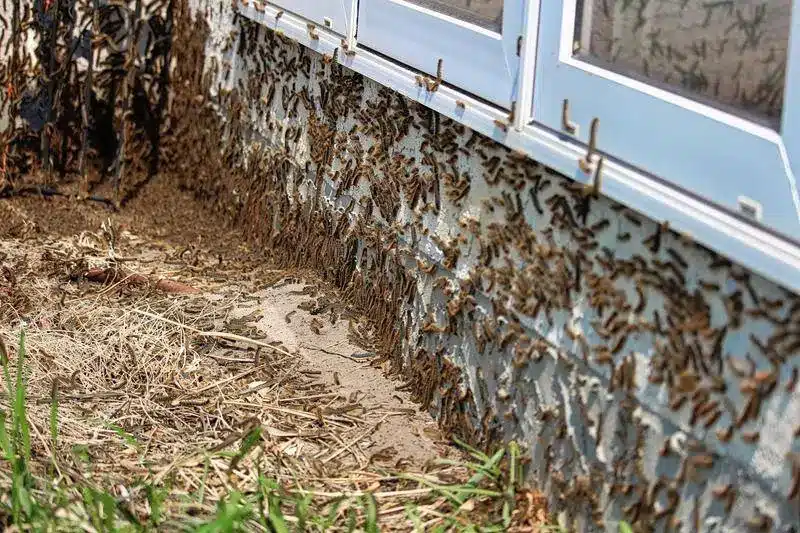
A neglected backyard becomes a haven for pests, from rodents to mosquitoes, creating many problems for the homeowner. These pests can damage property, spread disease, and become a nuisance to live with. Regular maintenance tasks like mowing the lawn, trimming bushes, and eliminating standing water can significantly reduce the risk of pest infestations.
Moreover, pests from the backyard can easily find their way into the home, leading to potentially costly extermination and repair bills. Homeowners should be vigilant in their backyard upkeep to prevent these unwelcome guests from taking over their outdoor and indoor spaces.
Safety Hazards and Liability
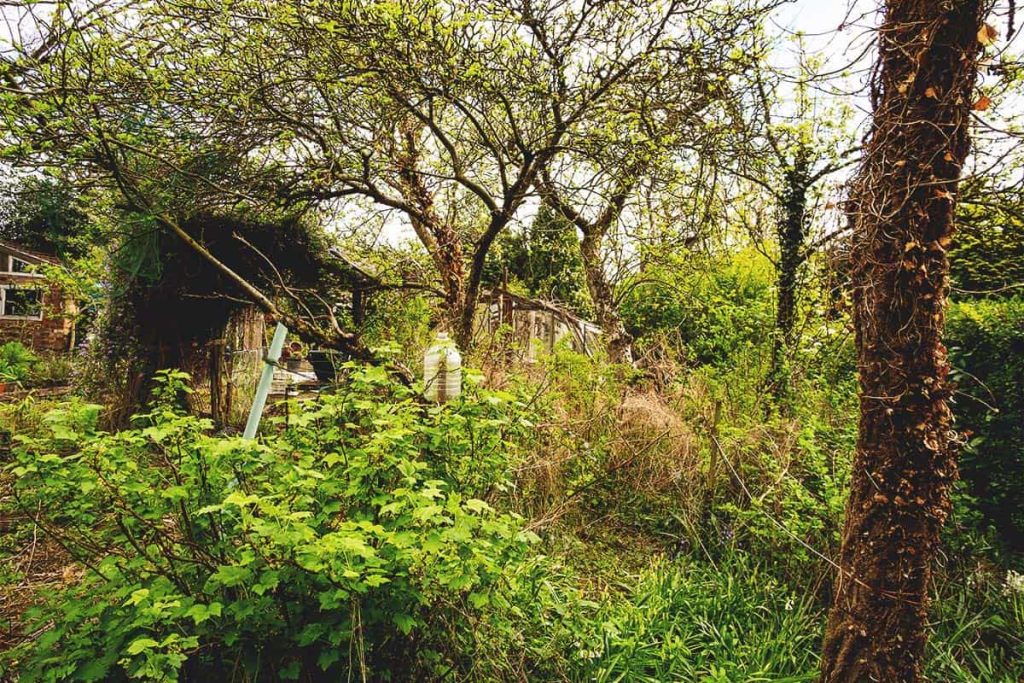
An unkempt backyard is a minefield of potential safety hazards—overgrown vegetation can hide uneven ground, leading to trips and falls, while neglected pools can become breeding grounds for bacteria. These hazards pose a risk to the homeowner and their family and can also result in liability issues if guests are injured on the property.
Additionally, the presence of old, rusting equipment or broken glass can increase the risk of injury, making the backyard a dangerous place for children to play. Homeowners should conduct regular inspections and maintenance to mitigate these risks and ensure their backyards are safe for everyone.
Deterioration of Outdoor Living Spaces

Outdoor living spaces, such as patios and decks, are susceptible to wear and tear from the elements. These areas can deteriorate quickly without regular maintenance, leading to costly repairs or replacements. Furniture left outside can also suffer, with fabrics fading and metal parts rusting.
Preventative measures, such as applying sealant to wood surfaces, covering furniture when not in use, and regular cleaning, can extend the life of these outdoor living spaces. Investing time and effort into maintaining these areas can save homeowners money in the long run and keep their backyards looking inviting.
Negative Impact on Mental and Physical Health

The backyard is a personal retreat for many, offering a space to relax and engage in physical activity. However, a neglected backyard can have a detrimental effect on one’s mental and physical health. The lack of a welcoming outdoor space may discourage outdoor activity, leading to increased stress and a sedentary lifestyle.
Creating a pleasant outdoor environment encourages physical activities such as gardening, playing with children, or simply enjoying nature, which can significantly improve mental and physical health. Homeowners should view their backyards as an investment in their health, not just their property.
Environmental Consequences

Neglected backyards can contribute to environmental degradation in several ways. Poor maintenance practices can lead to soil erosion, water pollution, and biodiversity loss. Overgrown areas may inhibit the growth of native plants and provide shelter for invasive species.
By adopting sustainable gardening practices, homeowners can turn their backyards into eco-friendly spaces that support local wildlife and reduce their environmental footprint. Simple changes, such as planting native species, creating a compost pile, and using natural pest control methods, can significantly impact the environment.
Challenges in Restoration and Rehabilitation

Restoring a long-neglected backyard can be a daunting and expensive task. Overgrown vegetation may need to be cleared, soil health restored,
and structures repaired or replaced. The longer a backyard has been neglected, the more challenging and costly the rehabilitation process can become. Homeowners may invest significant time, effort, and resources to bring their outdoor space back to life.
Despite these challenges, transforming a neglected backyard into a vibrant, usable space can be incredibly rewarding. It enhances the property’s value and appeal and provides a sense of accomplishment. Homeowners should approach the restoration process as a long-term project, tackling one area at a time to manage costs and effort effectively.
Loss of Functional Outdoor Space
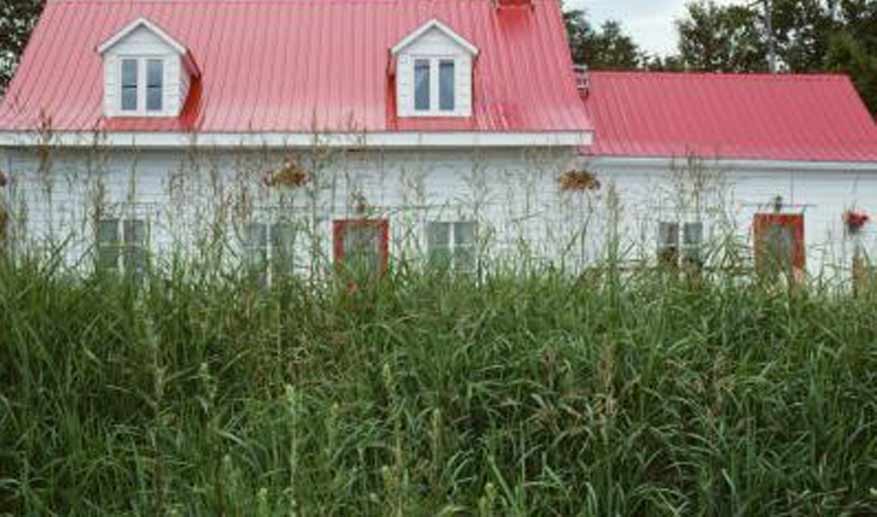
A neglected backyard means lost opportunities for outdoor living and entertainment. Spaces designed for relaxation, dining, or recreation become unusable, forcing homeowners and their families to spend more time indoors. The potential for creating memories in a beautiful outdoor setting is diminished, affecting the quality of life.
Revitalizing these spaces can reintroduce the joy of outdoor living, providing a private oasis for relaxation or a vibrant venue for social gatherings. Creating functional, attractive outdoor areas improves lifestyle and family enjoyment.
Increased Maintenance Costs
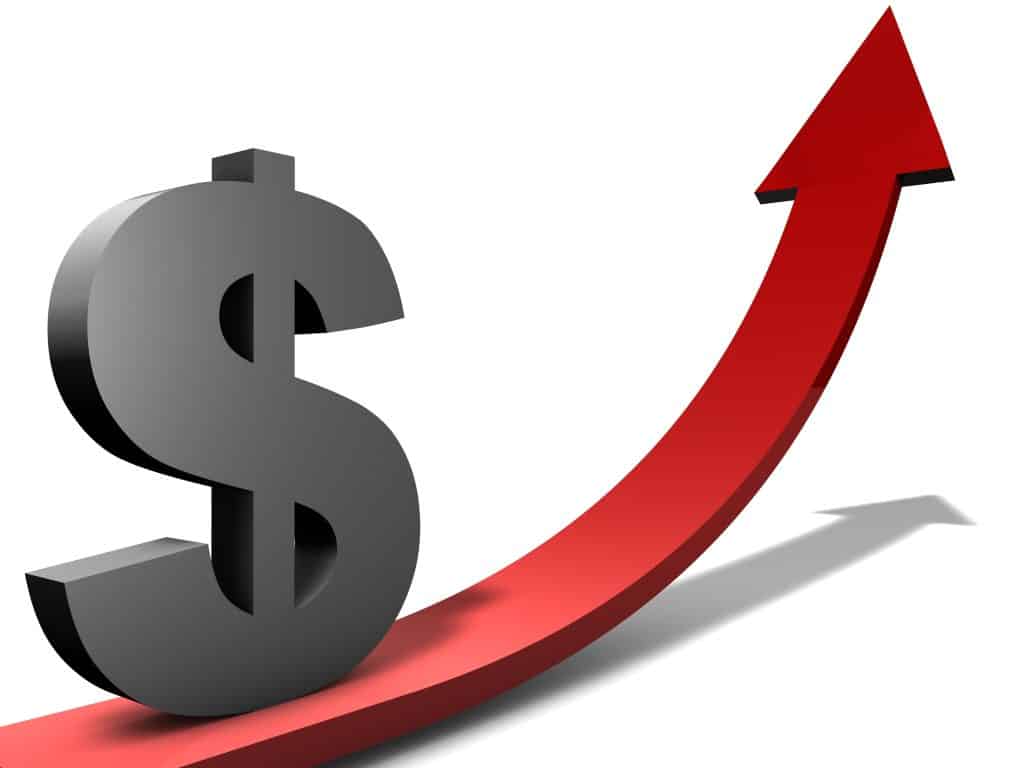
Deferred maintenance in the backyard can lead to exponentially higher costs down the line. Simple issues, such as a small weed problem or minor water leak, can escalate into major concerns requiring expensive interventions. Regular upkeep is far more cost-effective than addressing problems that have been allowed to grow unchecked.
By establishing a regular maintenance schedule, homeowners can prevent minor issues from becoming major headaches. This proactive approach saves money and ensures that the backyard remains a beautiful and welcoming space.
Aesthetic Decline and Neighborhood Disapproval
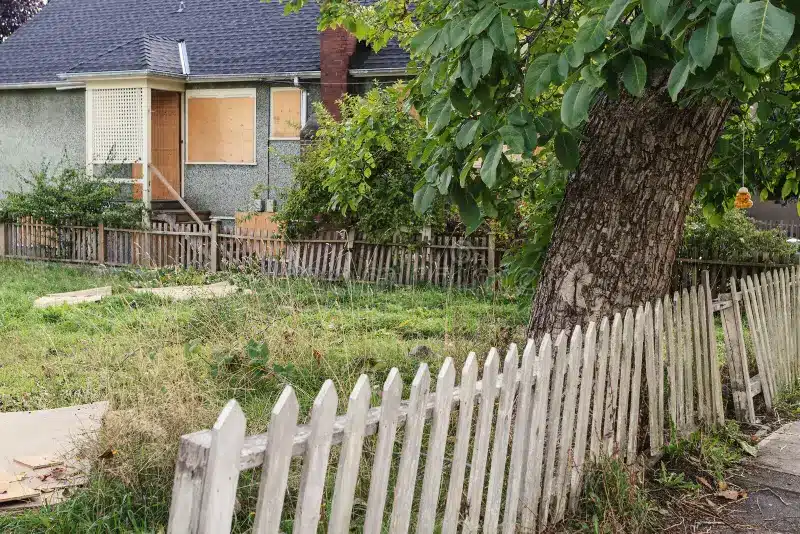
The visual appeal of a neglected backyard can negatively impact the aesthetic of the entire neighborhood, potentially leading to disputes with neighbors or even violations of local ordinances. A well-kept backyard, in contrast, contributes positively to the neighborhood’s overall appearance and community relations.
Maintaining an attractive backyard fosters a sense of pride and respect among neighbors, encouraging others to take similar care of their properties. This collective effort can enhance the neighborhood’s appeal and foster a stronger sense of community.
The Bottom Line
Neglecting your backyard carries many consequences, from decreased property value and increased pest infestations to deteriorated outdoor living spaces. These realities underscore the importance of regular backyard maintenance, not only for the property’s aesthetic and financial value but also for the well-being of its inhabitants and the environment. By taking proactive steps to care for their backyards, homeowners can avoid these pitfalls, transforming their outdoor spaces into sources of joy, relaxation, and pride. In doing so, they contribute not only to their quality of life but also to the health and beauty of their communities. The backyard, therefore, should not be overlooked but cherished as a vital part of the home.